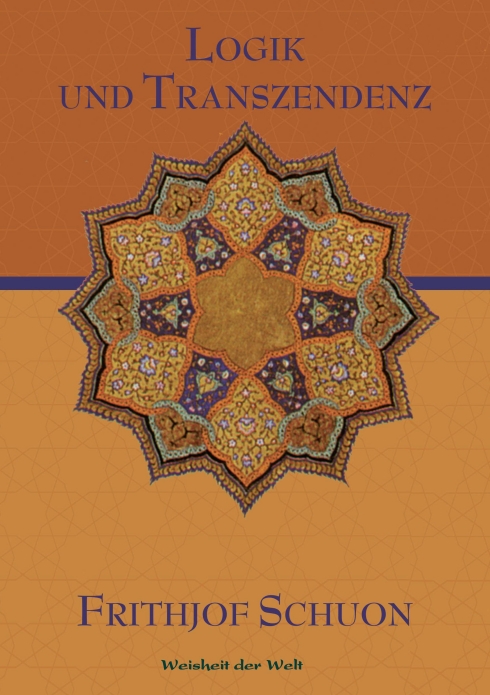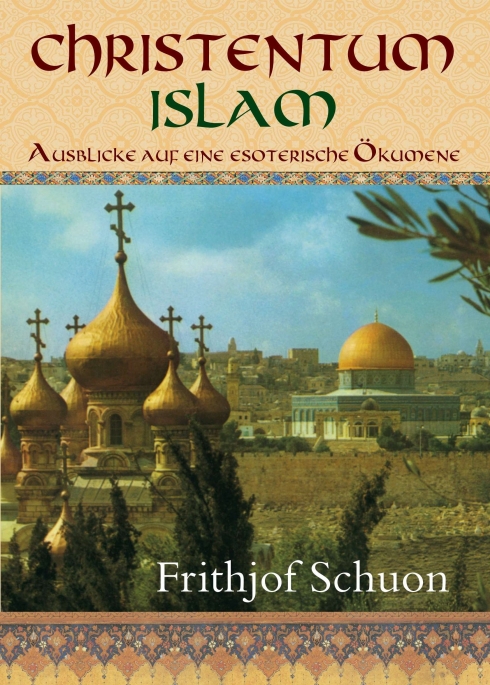“Man is surrounded by the vertiginous multiplicity of phenomena; the perfect cognitive faculty is to perceive the uniformity and outwardness of these phenomena in relation to an all-encompassing unity and a united inwardness. In this work Frithjof Schuon shows that the “thinking of the heart” can broaden the horizon of human cognitive faculties – on the one hand that of rationalism and irrationalism of modern times, on the other hand that of a theological mode of argumentation which, out of concern for the full mystery of faith, fundamentally mistrusts human thinking.
Frithjof Schuon (1907-1998) is regarded in large parts of the world as one of the most important religious philosophers of the 20th century. He is regarded as the leading exponent of the line of thought called Sophia perennis (“everlasting wisdom”), which contains the timeless and universally valid principles underlying the various teachings, symbols, sacred art and spiritual exercises of the world religions.
“Logic and transcendence are all too often regarded as opposites, with logic assigned to rationalism, the transcendence of mysticism. In this book, one of his strictest philosophical books, Schuon proves that religious life does not have to be illogical. On the contrary, clear thought must first see through the infralogy of false philosophies before it dissolves in the face of the supra-rational”. (James S. Cutsinger, Professor at the University of South Carolina, author of Advice to the Serious Seeker: Meditations on the Teaching of Frithjof Schuon)
“This work is a veritable hymn of the intellect to the intellect. It sees through the labyrinth of modern philosophical thought in an inimitable way and offers solutions to seemingly unsolvable problems. Schuon shows that in most cases these are the result of wrongly asked questions. He removes the ambiguity of modern rationalism and irrationalism like the morning sun, which dissolves the mist by its mere appearance. This book is one of Schuon’s greatest masterpieces and one of the most important philosophical works of the 20th century – if one understands philosophy as the literal sense of ‘love of wisdom’.” (Seyyed Hossein Nasr, Professor at George Washington University, author of The Knowledge and the Holy)



